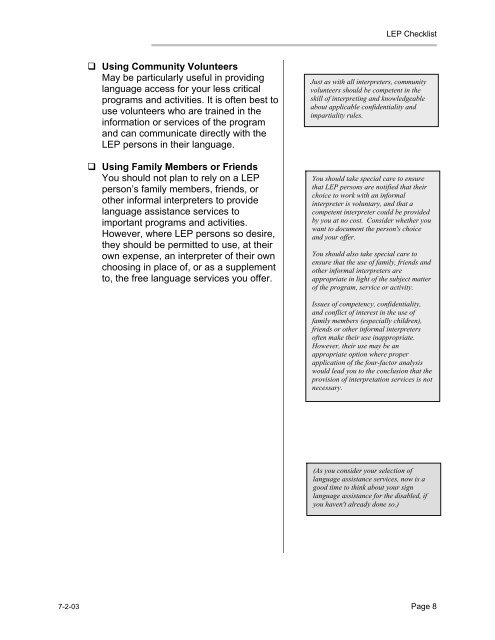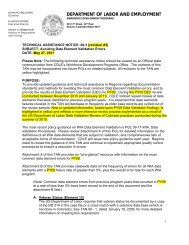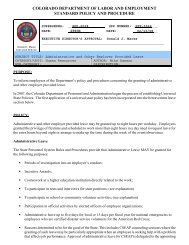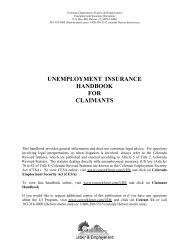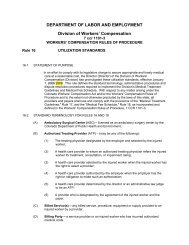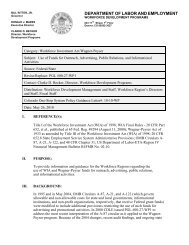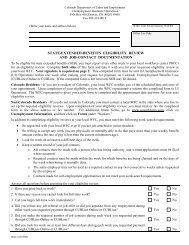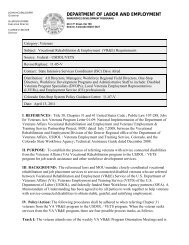Checklist for Developing a Limited English Proficiency (LEP) Plan
Checklist for Developing a Limited English Proficiency (LEP) Plan
Checklist for Developing a Limited English Proficiency (LEP) Plan
You also want an ePaper? Increase the reach of your titles
YUMPU automatically turns print PDFs into web optimized ePapers that Google loves.
<strong>LEP</strong> <strong>Checklist</strong> Using Community VolunteersMay be particularly useful in providinglanguage access <strong>for</strong> your less criticalprograms and activities. It is often best touse volunteers who are trained in thein<strong>for</strong>mation or services of the programand can communicate directly with the<strong>LEP</strong> persons in their language. Using Family Members or FriendsYou should not plan to rely on a <strong>LEP</strong>person’s family members, friends, orother in<strong>for</strong>mal interpreters to providelanguage assistance services toimportant programs and activities.However, where <strong>LEP</strong> persons so desire,they should be permitted to use, at theirown expense, an interpreter of their ownchoosing in place of, or as a supplementto, the free language services you offer.Just as with all interpreters, communityvolunteers should be competent in theskill of interpreting and knowledgeableabout applicable confidentiality andimpartiality rules.You should take special care to ensurethat <strong>LEP</strong> persons are notified that theirchoice to work with an in<strong>for</strong>malinterpreter is voluntary, and that acompetent interpreter could be providedby you at no cost. Consider whether youwant to document the person's choiceand your offer.You should also take special care toensure that the use of family, friends andother in<strong>for</strong>mal interpreters areappropriate in light of the subject matterof the program, service or activity.Issues of competency, confidentiality,and conflict of interest in the use offamily members (especially children),friends or other in<strong>for</strong>mal interpretersoften make their use inappropriate.However, their use may be anappropriate option where properapplication of the four-factor analysiswould lead you to the conclusion that theprovision of interpretation services is notnecessary.(As you consider your selection oflanguage assistance services, now is agood time to think about your signlanguage assistance <strong>for</strong> the disabled, ifyou haven't already done so.)7-2-03 Page 8


